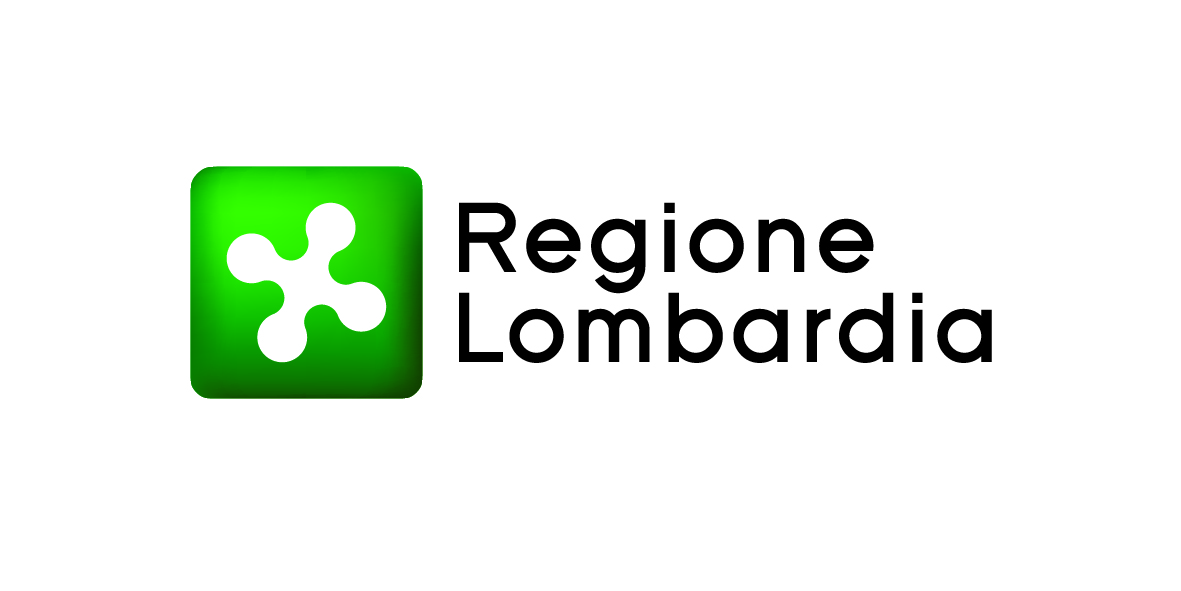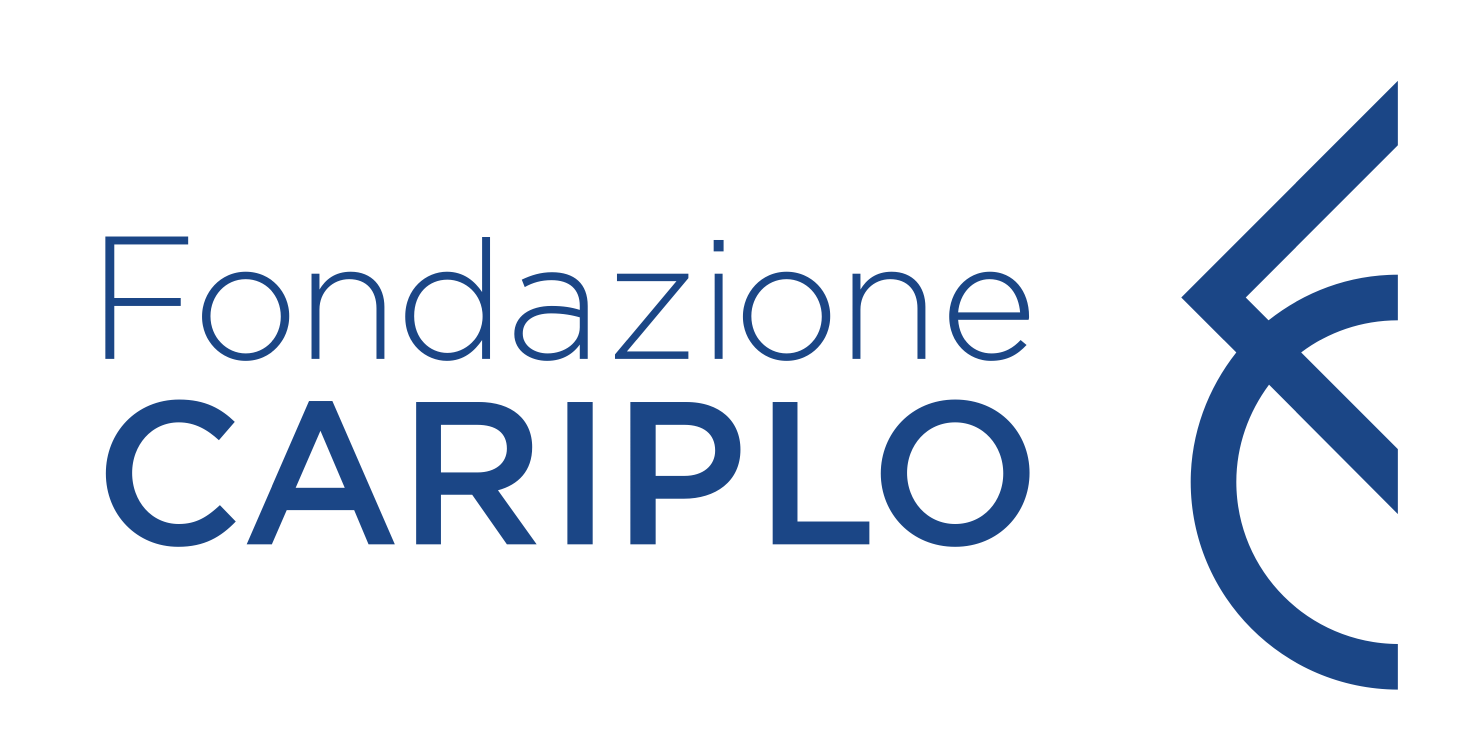Alle Buone Pratiche 2011 Sergio Ariotti, direttore artistico del Festival delle Colline Torinesi, descrive la situazione dei fondi per la cultura in Europa e quale debba essere il ruolo dei festival nel panorama culturale odierno. In un’intervista esclusiva, poi, invita gli operatori culturali a inserirsi in reti internazionali.
2010 is dead, long live 2011!
Solo un anno fa Studio28 TV cominciava a pubblicare i suoi video. E’ stato un anno in cui abbiamo cercato, da questo canale, di diffondere il più possibile notizie relative al mondo della cultura e dello spettacolo. Convinti che far circolare più informazioni possibili sia uno dei passi da compiere per migliorare le nostre condizioni di lavoro, salutiamo il 2010 pubblicando questo video di The Juice Media che, attraverso il caso Wikileaks, difende la libertà – e l’importanza – di informare attraverso la rete. Buon 2011 a tutti!
Studio28 TV is already one year old. During 2010 we tried to spread news on the world of culture. We strongly believe that, in order to get better working conditions, one of the steps to do is to broadcast informations on our sector. To say goodbye to 2010, we post this video by The Juice Media that, through the Wikileaks case, aims at supporting the freedom – and the importance – to inform through the Internet. We wish you a wonderful 2011!
Serota? Sì, grazie!
Dopo il Consiglio dei Ministri in cui il ministro dell’economia Tremonti ha detto che “la cultura non è pane”, rivolgiamo la nostra attenzione all’estero. In Olanda e Uk si annunciano tagli dai due nuovi governi di centro-destra. Nicholas Serota (Tate Modern) difende le realtà più piccole, quelle che producono innovazione e ricerca e che rischiano di più di altre di chiudere i battenti. Tra i Millennium Development Goals, l’Unesco indica espressamente la cultura come importante fattore di sviluppo, e la UCLG la pone come 4° pilastro per uno sviluppo sostenibile.
After Italian Council day where Tremonti, the Italian ministry of economy, said that “culture is not an important thing”, we pay attention to the abroad. In Holland and Uk centre-right governments are announcing cuts. Nicholas Serota (Tate Modern) stands for the little cultural organizations, the ones which produce innovation and research and which are risking to close more than the others. Within the Millennium Development Goals, Unesco openly indicates the culture as the important element for the development, and UCLG puts it as the 4th pillar for the sustainable development.
Después del Consejo Italiano donde Tremonti, el ministro de la economìa, soltò: “la cultura no es pan”, pongamos la atenciòn sobre lo que pasa al extranjero. En Holanda y Reino Unido, los gobiernos de derecha estàn declarando que habràn cortes. Nocholas Serota (Tate Modern) defiende las organizaciones pequenas que producen inovaciòn y experimentaciòn y son las que estàn màs a riesgo de cerrar. En los Millennium Development Goals, el Unesco indica abiertamente la cultura como el elemento importante para el desarrollo, y el UCLG la pone come el cuarto pilar para el desarrollo sostenible.
Après le Conseil Italien où Tremonti, ministère de la economie, a dit que “la culture, c’est pas important”, nous pretons attention à l’étranger. En les Pays-Bas et Royaume-Uni les governments de droite sont en train d’annoncer des réductions. Nicholas Serota (Tate Modern) prend la défense des jeunes organisations qui produisent innovation et recherche et son celles-ci qui risquent de fermer définitivement. Dans les Millennium Development Goals, l’Unesco indique la culture comme l’element important pour l’évolution, et le UCLG la considère comme le quatrième pilier pour le développement renouvelable.
Italienischer Wirtschaftsminister Tremonti sagte vor einer Woche: “Kultur is kein Brot”. In Niederlande und Gross Britannien kündigen die neue Mitte-Rechts Regierungen an, dass wenig Geld für Kultur verfügbar ist. Nicholas Serota (Tate Modern) verteidigt die kleinste Kultur Vereine, die ein größeres Gefahr laufen als die große Kunst- und KulturInstitutionen. Im Rahmen des New York UN Summits zeigt Unesco Kultur als wichtig Entwicklungsfaktor an, und die UCLG setzt Kultur als die vierte Säule für eine nachhaltige Entwicklung.
Links:
Millennium Development Goals: Culture for Development





